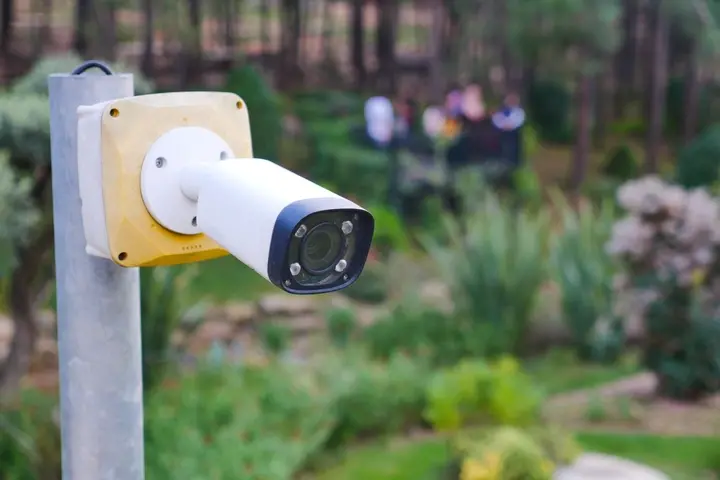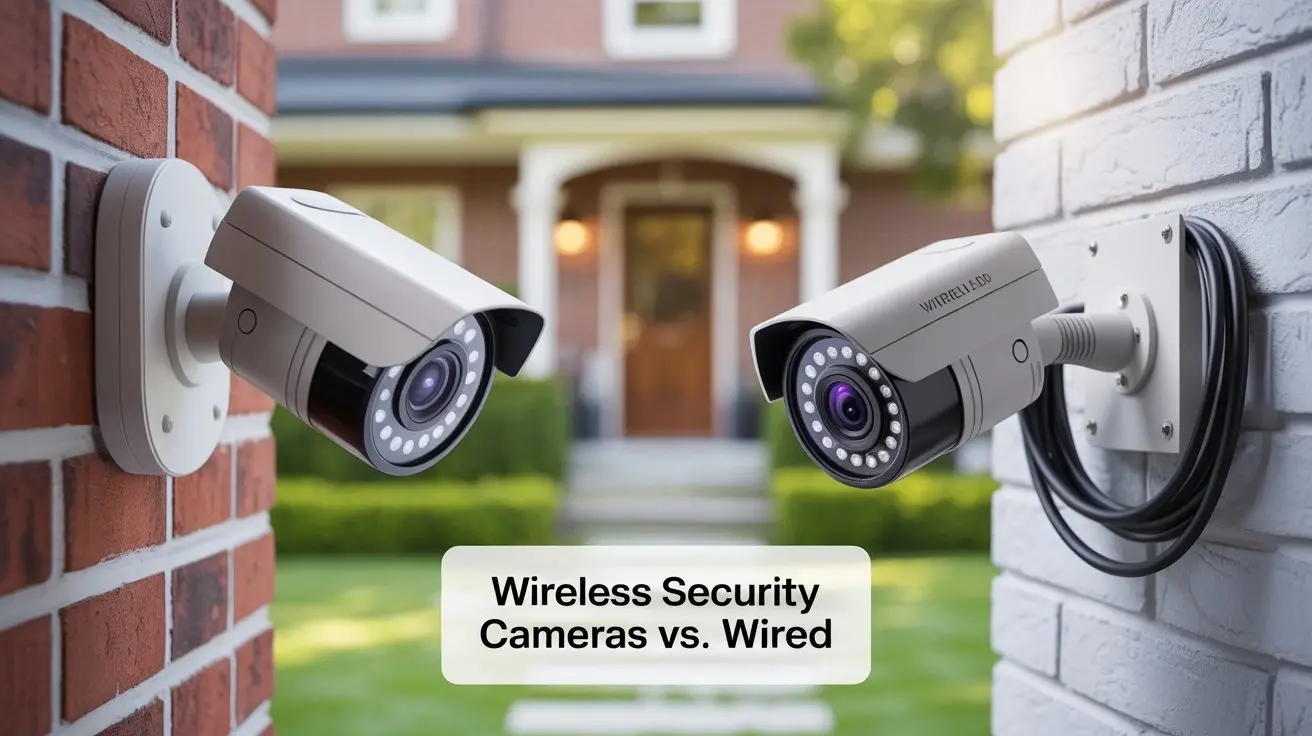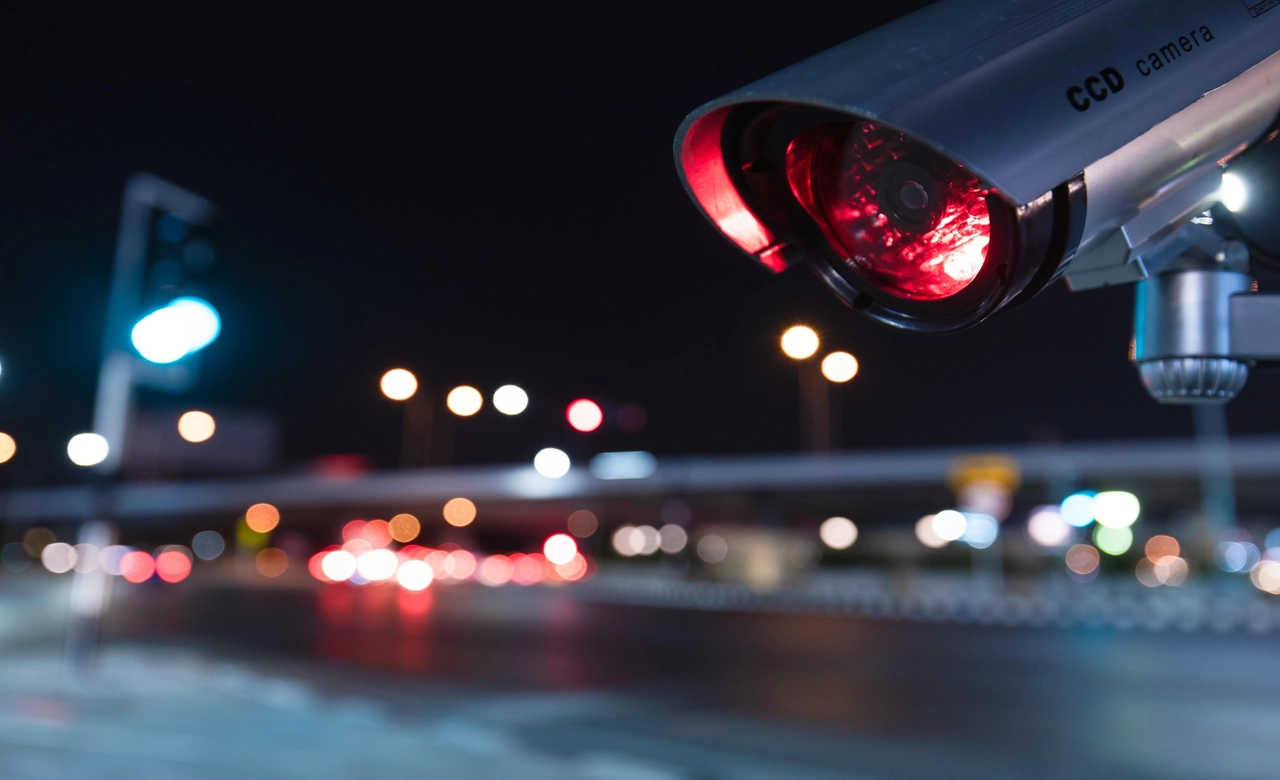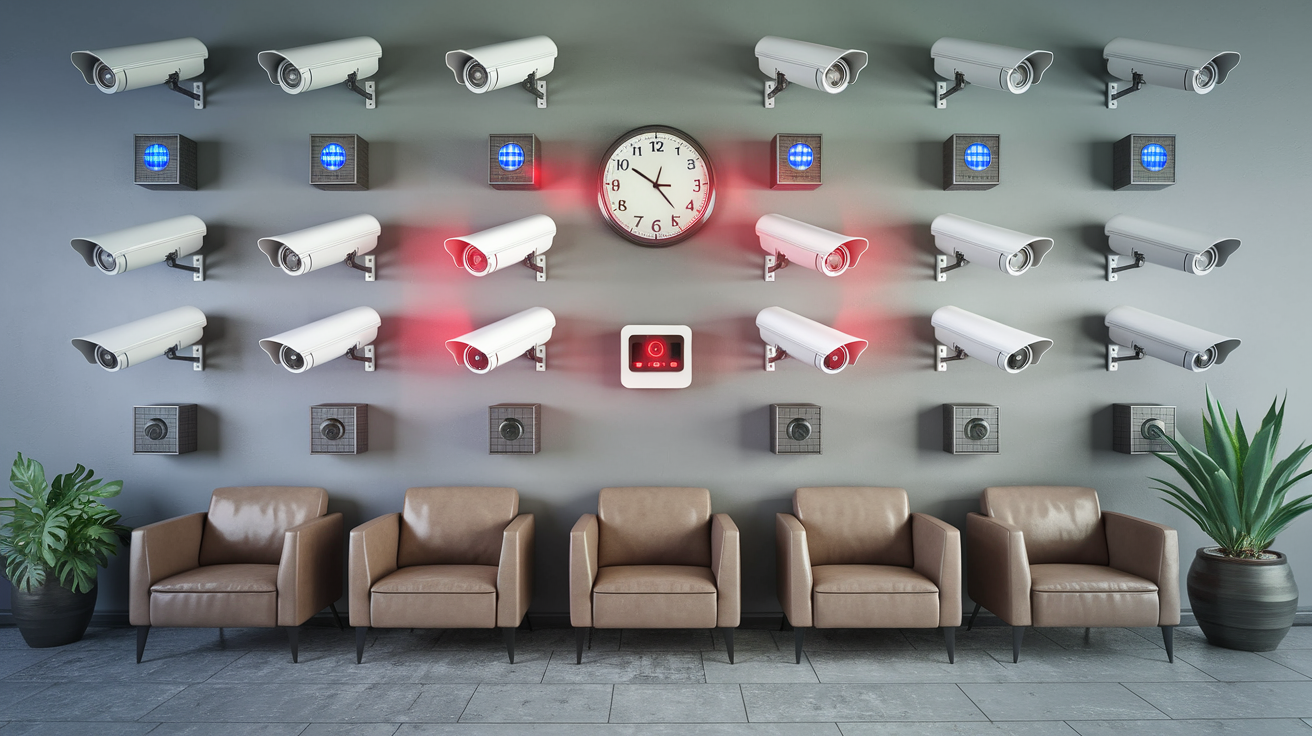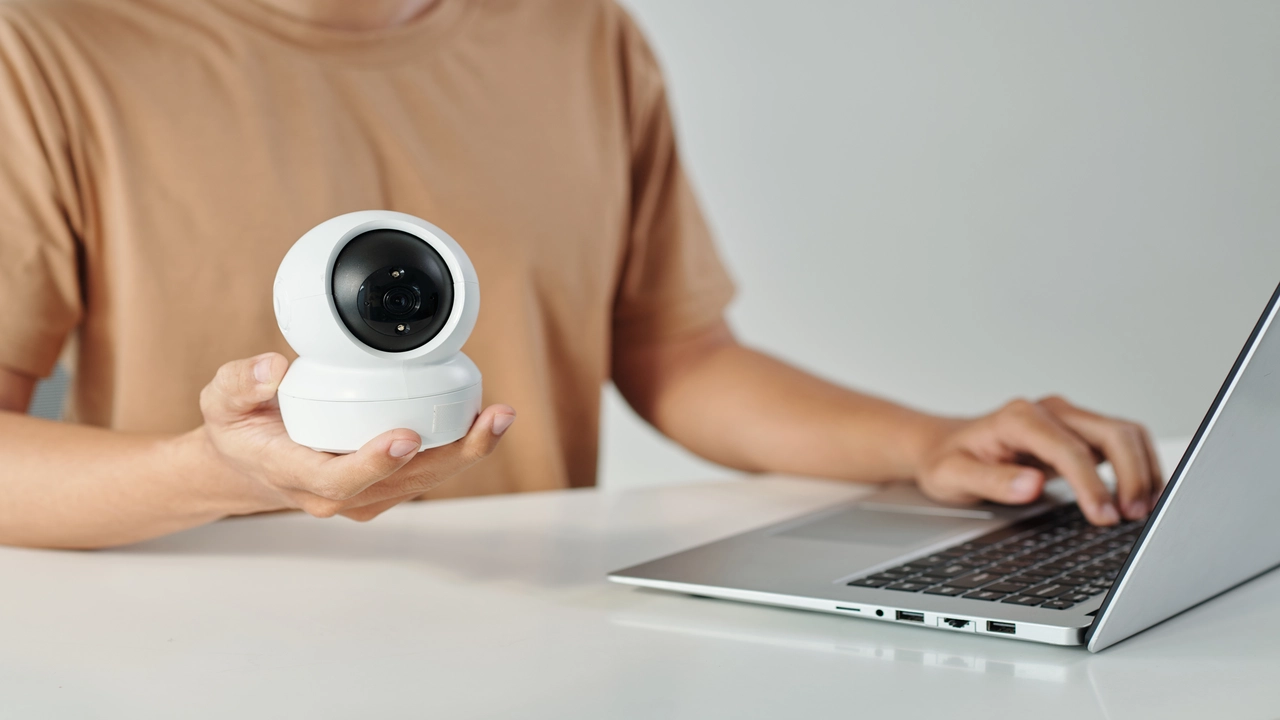The owners of the Best Security Cameras and their installers need to be aware of several possible causes of video loss in such systems. Understanding the causes of video problems is a step towards solving the problems likely to affect video signals in the future. Some of the most common causes of video loss and quality issues in security cameras include:
Network Connectivity Issues The Network is one of the foremost causes of video-related issues in IP-based security camera systems and it is some kind of interruption in the camera’s network connection. This could include damage to the actual wires that make up the network which completely severs the connection. Most often, interference results in packet loss which in turn results in a choppier, distorted, or even frozen video. Sources of interference include Rain, old network hardware like switches, poorly installed cables and wires such as bad cables, unshielded wires arranged closely to the power lines, faulty network hardware such as switches, radio frequency interference, and others. If network-driven video problems are a concern, network improvements and cables can solve the problem.
Power Problems Home Security Systems require constant power to function, record videos, and send the footage to places like NVRs or the cloud. If the power source is interrupted, the video feed and subsequent recording may be interrupted as well. Some of the primary power problems that affect cameras include unintended camera reboots due to short power loss or voltage fluctuations, poor installation of power cables, damaged cables, cameras powered off for maintenance if there is no UPS, overloading of PoE switch ports leading to brownouts, long cable runs from PoE switches to cameras creating voltage drop and instability. Addressing camera power issues involves looking at the entire power delivery chain as well as backup power solutions.
Software and Hardware Issues Software issues that might be associated with security camera systems or issues with the failure of some of the camera’s hardware components are often the reason behind lost videos. For instance, the camera firmware can be written in a way that makes it have random reboots, which is undesirable for a video stream. It may be due to faulty image sensors, video encoding chips, or memory cards in cameras that video recording may freeze, appear distorted or just disappear completely until the faulty parts are changed. Issues with the network or cloud also affect the cameras, as well as problems with computer hardware on servers such as NVRs. The best approach is to inspect the device for any failing parts and replace them accordingly.
Remote Camera Tampering More disconcertingly, loss of video occurs through remote camera tampering due to cybersecurity vulnerabilities by attackers. Security cameras that are poorly protected and connected directly to the Internet expose video. Criminals are in a position to stop the recording and use their projected video on the camera, or even install viruses. If a video is lost or if the camera starts to behave strangely, it may be a sign of an intrusion. Strengthening the cyber security of the cameras, upgrading firmware, changing the password, and checking for correct video transmission assist in combating remote tampering.
Environmental Factors Another major reason why video feeds in security systems are interfered with is by the environment the cameras are placed in, especially those that are installed outside. Conditions such as heavy rainfall, wind, snow, and variations in temperatures can hinder camera visibility or even destroy the gadgets. Other indirect factors that affect video include moisture, pollution, gases, and dust or debris that are usually difficult to reach, and accumulate over time. Another risk is vandalism and tampering by people who are accessing the Cameras. Controlling environmental risks includes proper insulation, regular servicing, and installation of cameras.
Incorrect Camera Settings Do not dismiss improper configuration of security cameras as a probable reason for what seems like lost footage. For instance, lowering the frame rate of the connected cameras or lowering the camera resolution to reduce bandwidth and storage requirements makes the captured footage jerky and comparatively less helpful. Just as with the other features, it is possible to disable recording schedules by mistake, which results in missing video events. Small areas that are recognized as motion detection zones do not record when required. These include ‘false alarm’ sources of video issues, which can be avoided by confirming that all critical camera settings such as the resolution, scheduling, and motion detection are in line with the surveillance monitoring goals.
Storage and Retention Problems Insufficient video storage or such factors as exceeding retention time may also cause video loss in security systems. Camera video occupies a lot of space in the available data storage facilities in the long run. Lack of proper NVR storage, incorrect settings for overwriting old records, problems with cloud storage, and diverse demands for video analytics can overflow systems. Assessing the recording quality, retention policies, and storage performance prevents overloading camera systems. The use of additional drives on a computer or cloud storage helps in avoiding recording gaps.
The diverse possibilities of the causes of video loss and quality issues in security camera systems prove the intricacy of maintaining continuous surveillance. However, systematic design, proper maintenance, early detection of issues, and immediate response in case of video interruption can help enhance video reliability and effectiveness for security purposes. Understanding the major causes of video issues such as network issues, power fluctuations and instability, hardware failures, and adverse weather conditions allows installers and end users better control on ensuring that live footage from cameras is not interrupted.
Protect your home today with ADT’s top-rated security solutions!
Call now at +1 877-470-7879 to get a free consultation and find out how you can secure your home with the best in the business. Don’t wait—ensure your peace of mind with ADT!
